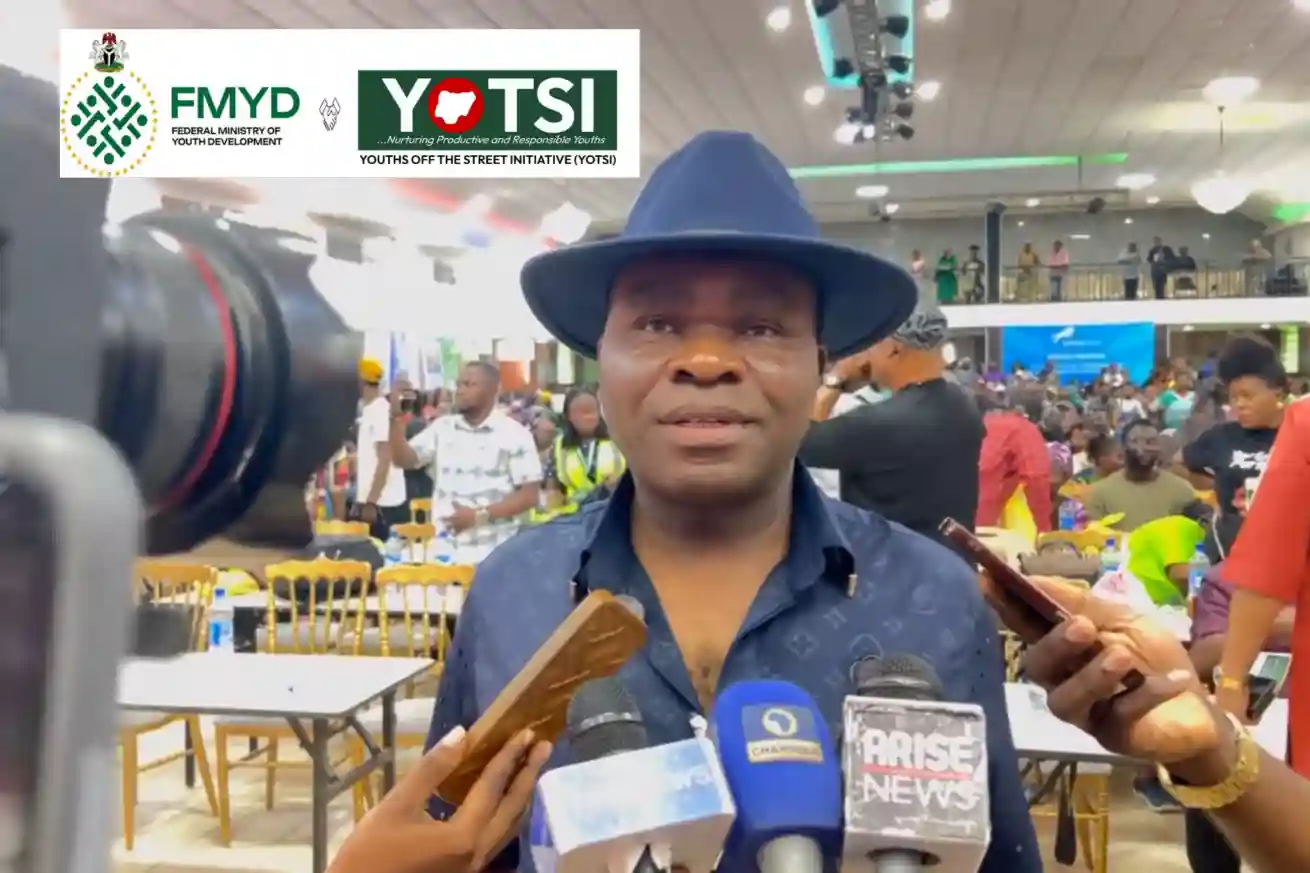Comrade Kennedy Iyere, Coordinator-General of the Youth Economic Intervention and Deradicalization Program (YEIDEP), has described the initiative as the biggest government-backed youth empowerment intervention in the history of Nigeria.
He made this known during an interview at the YEIDEP convention in Ibadan, in a report obtained by Nigeriastartupact.ng on Sunday.
Speaking on the program, Iyere explained that YEIDEP is a major government intervention aimed at tackling youth unemployment, deradicalizing young Nigerians, and making them positive contributors to national economic development. According to him, “YEIDEP is government intervention to tackle youth unemployment, deradicalize them, and make them positive contributors towards economic development. That is it. It is a project I created and made available to the Federal Government through the Federal Ministry of Youth Development, and it became adopted. It is the biggest intervention program in the history of Nigeria.”
Iyere noted that the YEIDEP is expected to reach about 20 million Nigerian youths and young women by May 2027. He revealed that about 8 million people have already been registered under the scheme, which targets citizens across the 36 states of the federation and the Federal Capital Territory.
“There’s no program of government that has been so designed in such a way that the civil society and private stakeholders are actively involved and have the right to determine how the program is run or implemented,” he added.
When asked why YEIDEP is partnering with commercial banks instead of the Central Bank of Nigeria (CBN), Iyere said the choice was deliberate due to the CBN’s alleged past record of mismanagement and lack of transparency in handling public funds. He stated, “The Central Bank has a bad reputation for embezzling public funds. No apologies yet. Now, we’ve had programs like NIRSAL and the Anchor Borrowers Program. The Anchor Borrowers Program had government bills valued at ₦1.1 trillion. It was domiciled with the Central Bank, and the money was embezzled. NIRSAL was also coordinated by the Central Bank, and the money got embezzled. They diverted the funds for private use, to the point that they even created a fake microfinance bank.”
Iyere further explained that he opted for a more transparent and accountable approach by involving commercial banks directly in the implementation of the program. “I made up my mind that there must be an accountable and transparent process in the implementation of this scheme, such that every average Nigerian will be part of it,” he said. “A process is bound to succeed when the people for whom an intervention is meant to benefit are allowed to be part of those that will drive the process. That is why we aligned directly with the commercial banks.”
He listed participating financial institutions such as UBA, Union Bank, First Bank, Fidelity Bank, Zenith Bank, Access Bank, Guarantee Trust Bank, Ecobank, and Lotus Bank. Iyere emphasized that the direct collaboration with these commercial banks will ensure effective delivery, transparency, and accountability in handling public funds, adding that “these banks can never take money meant for the people. The people know where to go and who to hold accountable. Unlike the CBN.”

